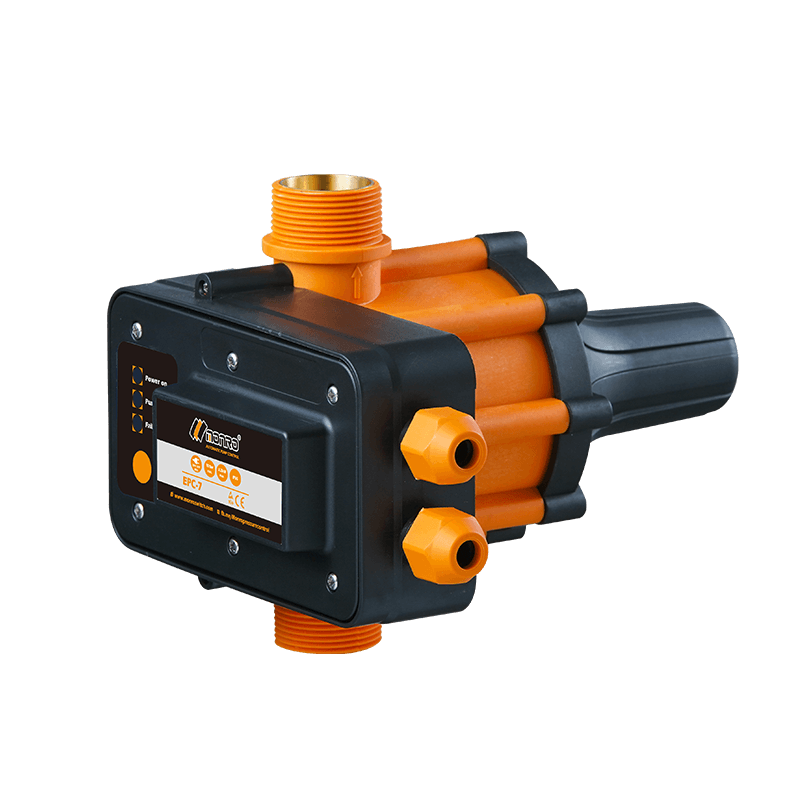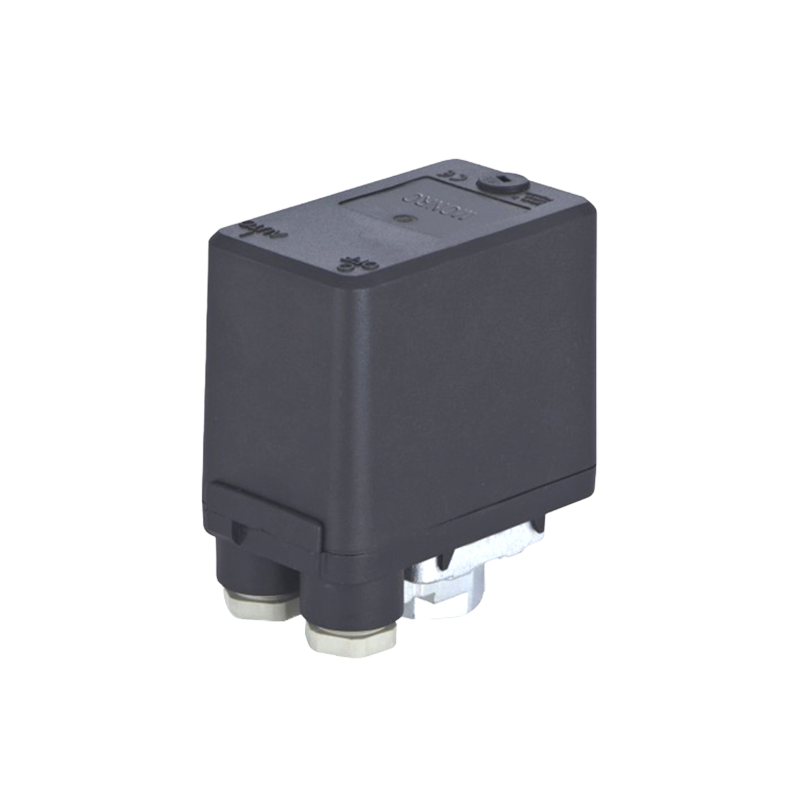Don't hesitate to send a message
Web Menu
Product Search
Exit Menu
Optimizing Energy Efficiency through Pressure Control Factory Products
Smart Pressure Regulation Reduces Energy Waste
The core contribution of a Pressure Control Factory lies in its ability to deliver finely tuned pressure regulation systems. Traditional systems often operate with wide safety margins or constant overpressurization, causing unnecessary energy use. A Pressure Control Factory counters this by providing precision-engineered regulators and controllers that keep pressure within narrow, application-specific limits. Maintaining the suitable pressure range prevents excessive power draw from pumps and compressors, directly reducing energy consumption without compromising performance.
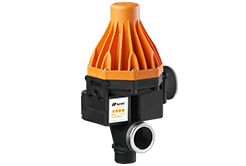
Digital Integration Enables Real-Time Optimization
Modern automation relies heavily on data. A Pressure Control Factory integrates its products with smart sensors and digital control units that offer real-time feedback and self-adjusting capabilities. These systems monitor pressure fluctuations and adapt instantly, ensuring that the system only uses the energy needed at that exact moment. By eliminating lag and overcompensation, energy use becomes more proportional to process demand. This dynamic responsiveness, enabled by a Pressure Control Factory’s advanced technology, marks a clear shift from static to intelligent energy control.
Reduced Compressed Air and Steam Loss in Utilities
Many industrial systems use compressed air and steam, both of which are energy-intensive utilities. A Pressure Control Factory helps reduce waste in these systems by supplying pressure-reducing valves and flow regulators specifically designed to decrease leaks and pressure drops. Even small improvements in air or steam pressure management can result in substantial energy savings over time. The equipment offered by a Pressure Control Factory ensures that utility systems operate at their efficient levels, extending component life and reducing compressor workload.
Customized Solutions to Match System Load Requirements
Every industrial process has its load profile. One-size-fits-all pressure solutions often cause over-design and wasted energy. It provides customized components that match the real operating conditions of each client. By analyzing process data and system dynamics, the factory tailors valve sizes, setpoints, and control logic to decrease pressure overshoot and undershoot. This customization reduces the frequency of pressure spikes, reduces cycling losses, and optimizes the entire control loop for lower energy draw.
Preventive Maintenance and System Longevity
Energy efficiency is not only about real-time consumption—it’s also about reducing the long-term wear and degradation of system components. A Pressure Control Factory often includes maintenance and diagnostic features in its systems, allowing operators to identify leaks, pressure drifts, or failing components early. Proactive maintenance, guided by reliable pressure control data, prevents energy loss caused by inefficient or failing parts. As a result, the entire system operates at peak efficiency for longer periods, reinforcing energy savings over the long term.
Sustainability and Long-Term Savings
Pressure Control Factory products are not only about immediate energy savings but also about long-term sustainability. Their products are designed with longevity in mind, ensuring that they can withstand the wear and tear of industrial environments. This durability means that industries can expect a longer lifespan from their investments, reducing the need for frequent replacements and associated energy costs. Additionally, by reducing energy consumption, Pressure Control Factory contributes to a smaller carbon footprint, aligning with the global push towards sustainable practices.
Conclusion
The contribution of a Pressure Control Factory to energy efficiency goes beyond component supply. By delivering precision, responsiveness, and system-specific design, it enables industrial facilities to reduce power usage, extend equipment life, and meet sustainability goals. In a world increasingly focused on energy responsibility, the role of the Pressure Control Factory is more essential than ever, transforming how industries think about pressure, performance, and power consumption.
-
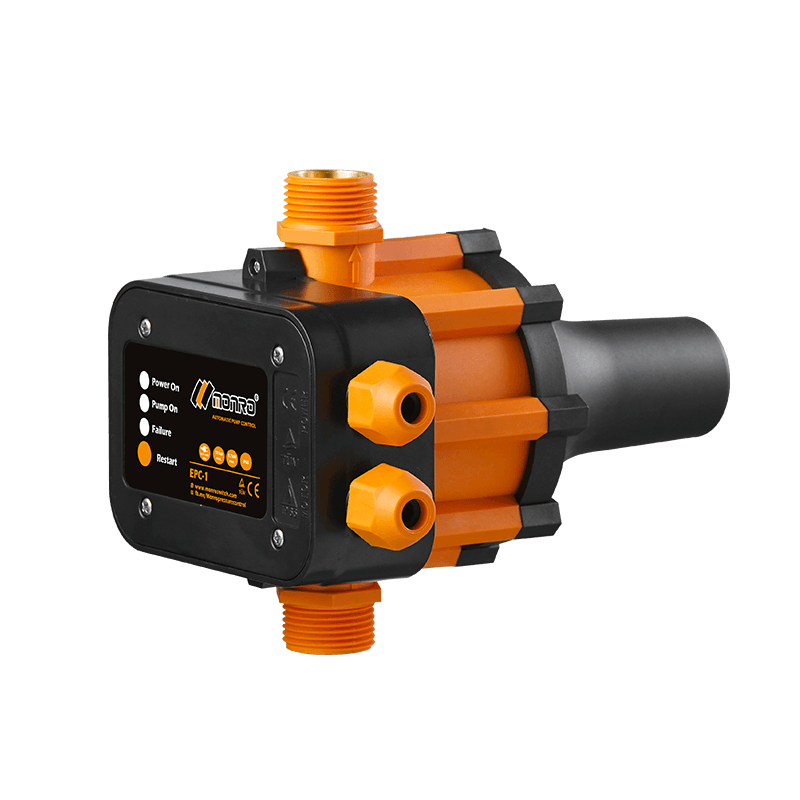 EPC-1
EPC-1Monro EPC-1 model pump controller is the classic and basic type, was loved by user in the global mar...
-
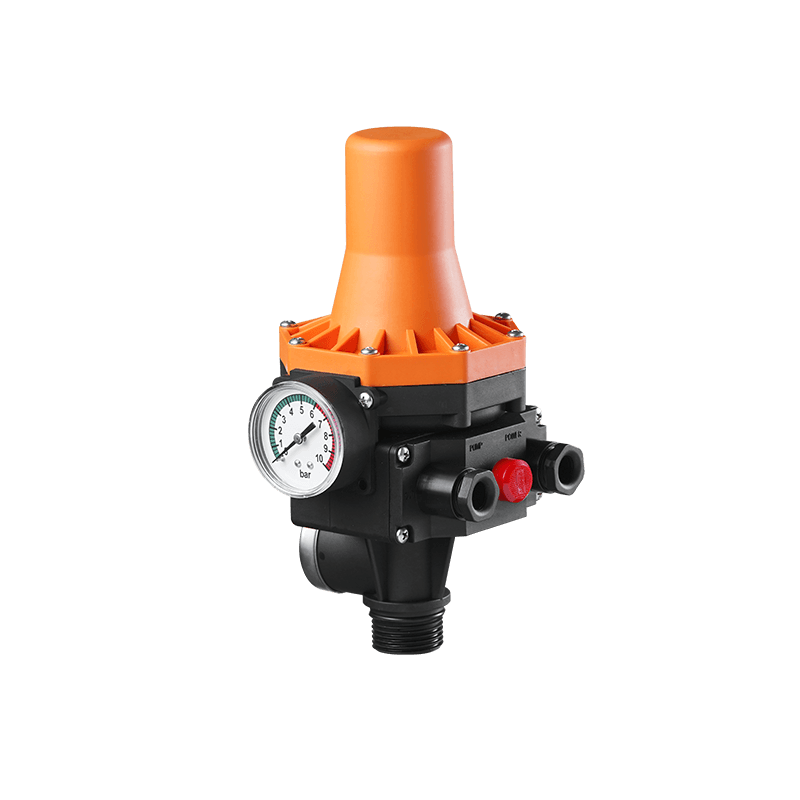 EPC-3
EPC-3Monro EPC-3 spain design auto on and off press control, an intelligent and economical system designe...
-
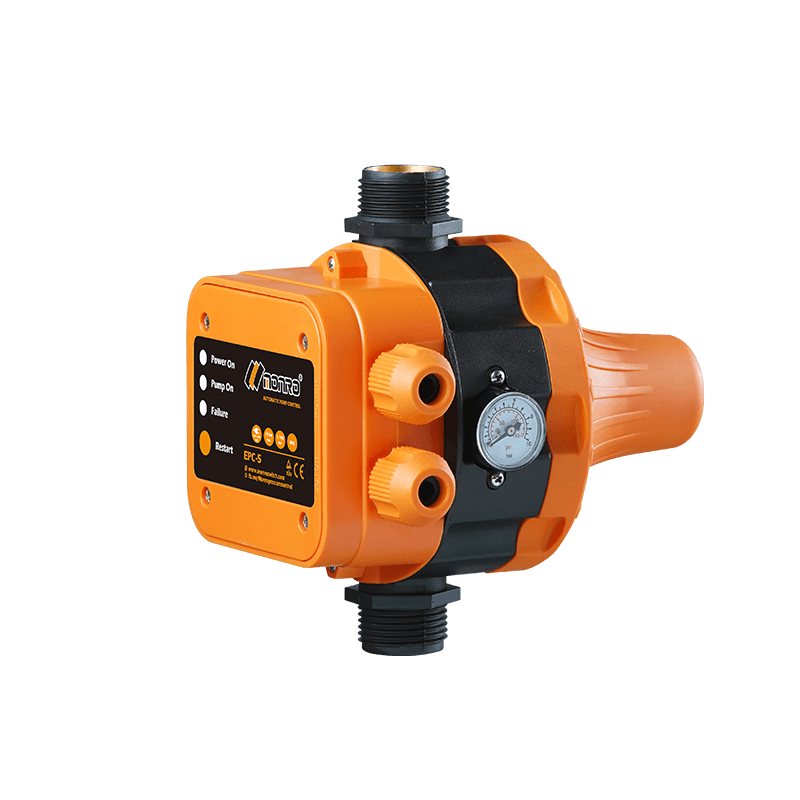 EPC-5
EPC-5Monro EPC-5 model automatic pump control, a device which assembled on the water pump (recommended si...
-
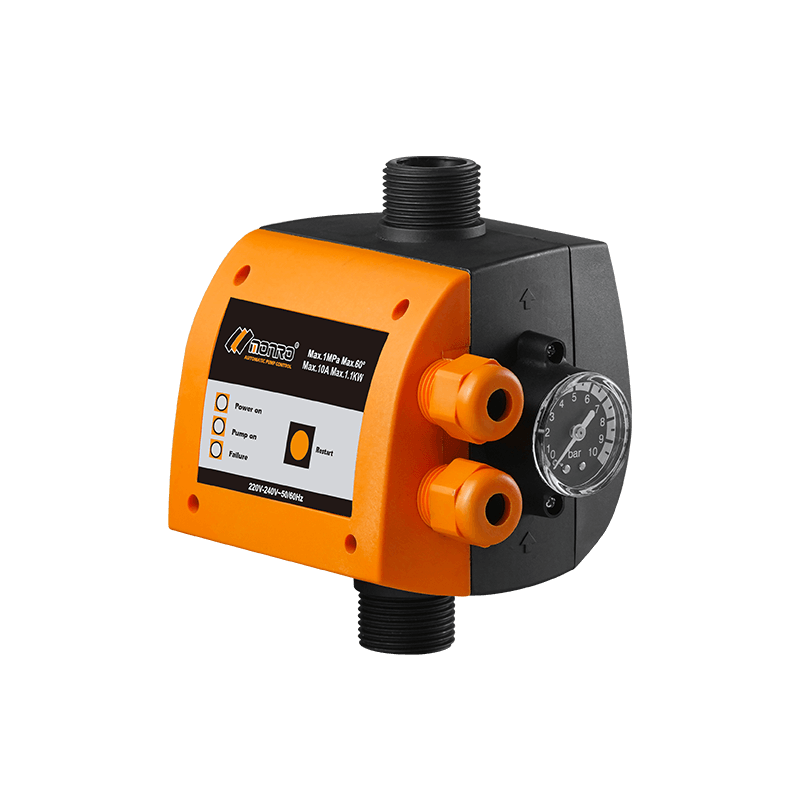 EPC-9
EPC-9Monro EPC-9 model pressure controller, is a big power device for automatic control and protection of...
-
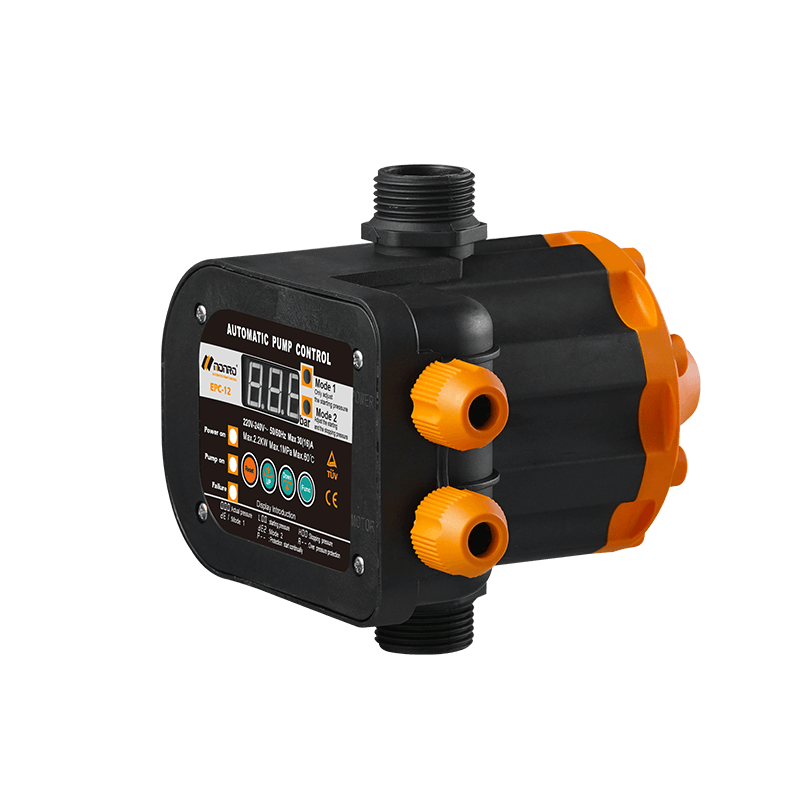 EPC-12
EPC-12Monro EPC-12 smart top-level automatic pump control is a multi-function model combined with traditio...
-
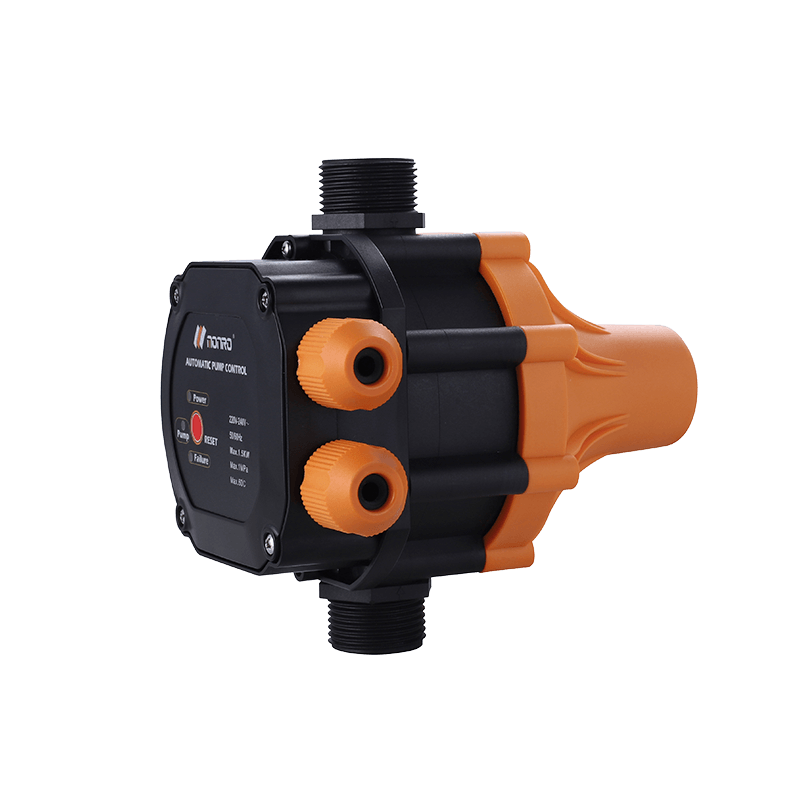 EPC-14
EPC-14Monro EPC-14 model pressure control is a big power device for automatic control and protection of el...
-
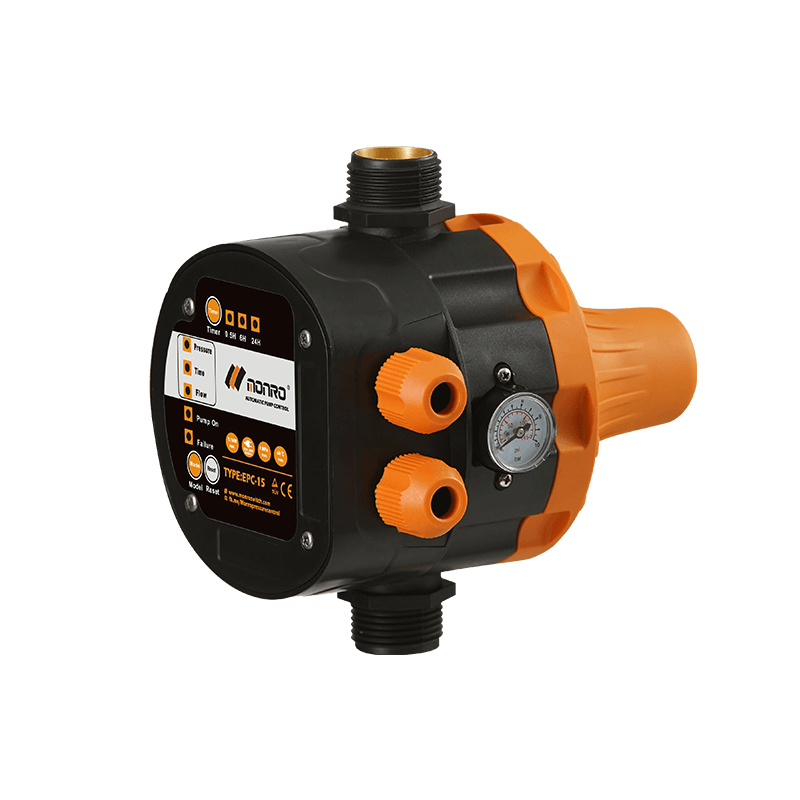 EPC-15
EPC-15Monro EPC-15 model automatic pump control, a device which assembled on the water pump (recommended s...
-
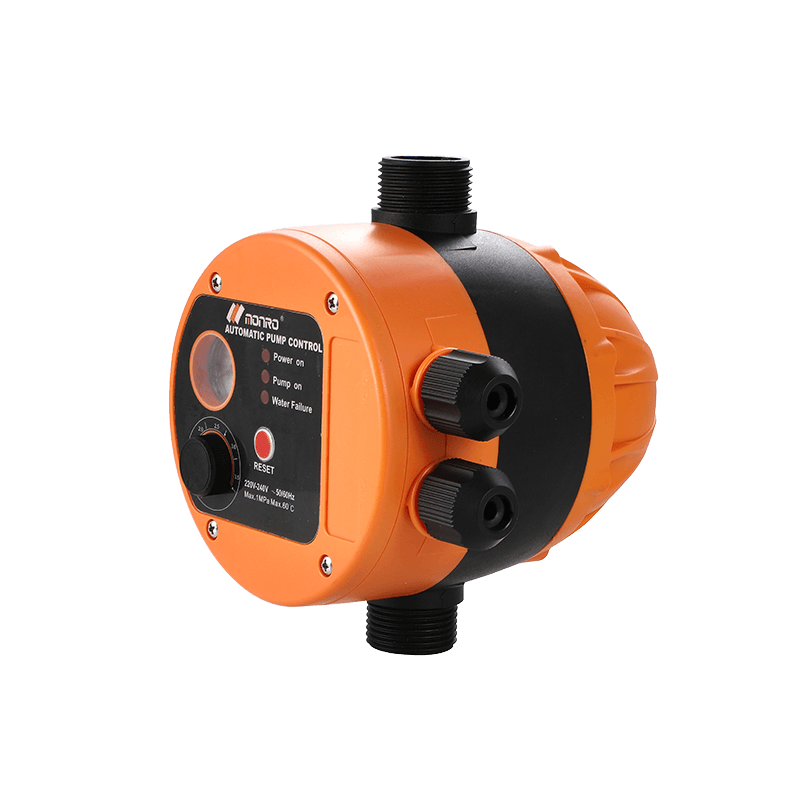 EPC-16
EPC-16EPC-16 is the new patent pump controller by Monro. Its key highlight is tooless (manual knob) start...
find our office
Committed to providing professional pressure control solutions for various types of water pumps and air compressors.

 简体中文
简体中文 English
English Español
Español